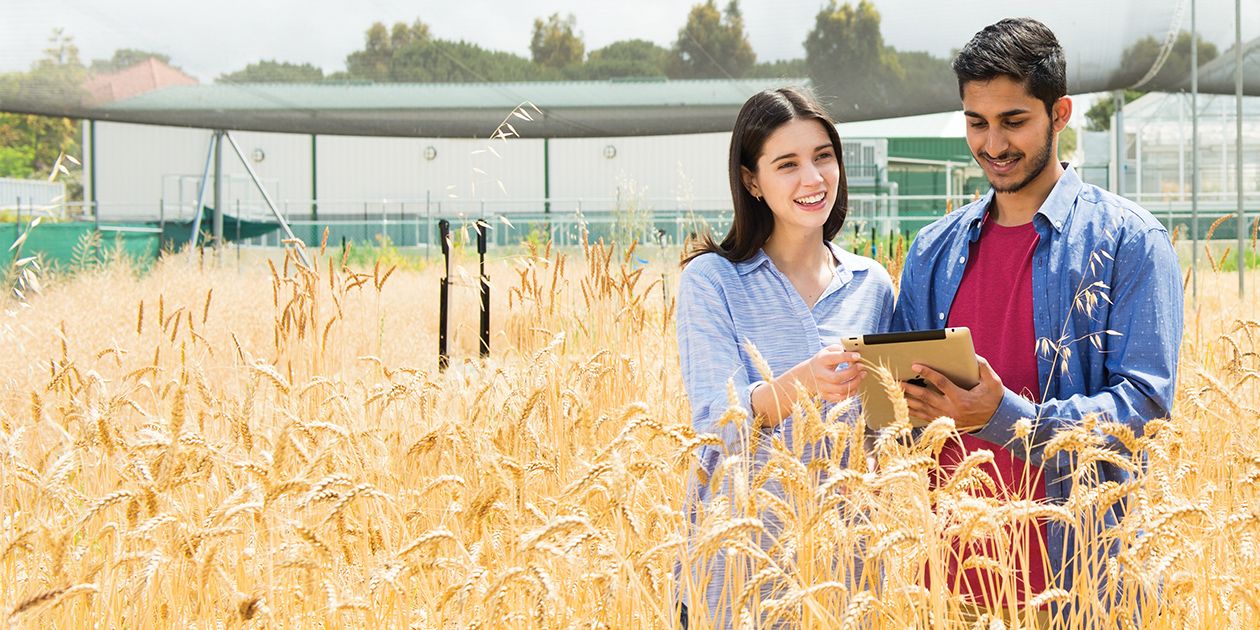Outline
Outline
Students in this course gain a practical experience through a range of field-based experiences in terrestrial and marine environments.
Please refer to the handbook for additional course overview information.
How to apply
This course sits within the double degree combination of Bachelor of Science/Bachelor of Arts, and also the Bachelor of Science/Bachelor of Commerce.
Applicants have the choice of which double degree combination they would like to study.
To apply for this course, you will apply for the most preferred double degree. In step 3 of the application process, you will be asked to confirm the major you wish to study.
Applying as an undergraduate student is easy. For information tailored to your situation, visit our easy to follow instructions to get your application started.
Ready to apply?
I want to apply for the Bachelor of Science/Bachelor of Arts
I want to apply for the Bachelor of Science/Bachelor of Commerce
What jobs can the Environmental Biology course lead to?
Graduates will be equipped with skills aligned to the needs of a number of government agencies:
- Department of Environment and Conservation
- Office of the Environmental Protection Authority
- Department of Transport
- Water Corporation
The course will also prepare students for employment as Environmental Officers in Regional Development Commissions and local governments.
Graduates will be suited to employment within the private sector, including companies involved with resource extraction and post-extraction restoration, environmental consultancies, eco-tourism enterprises, and environmental restoration.
What you'll learn
- apply fundamental biological principles and concepts in theoretical, practical and vocational situations
- explain and apply the scientific method
- collect biological data and locate, extract and critically appraise existing scientific knowledge to analyse problems and formulate solutions
- communicate biological information concisely and accurately using written, visual, and verbal means appropriate to the audience
- employ new and established technologies to collect and interpret biological data; demonstrate competency in statistics, computing, and other relevant technologies, at an appropriate level
- take responsibility for their personal educational development by applying independent study and time management skills
- consider biological issues from a global perspective, recognising the importance of national and international standards for collecting and reporting data
- respect and recognise the responsibilities of professional scientists in society, both nationally and internationally; value environmental, indigenous and other community perspectives
- work independently and in teams to demonstrate employment ready skills such as negotiation, leadership, professional behaviour and ethical practices

